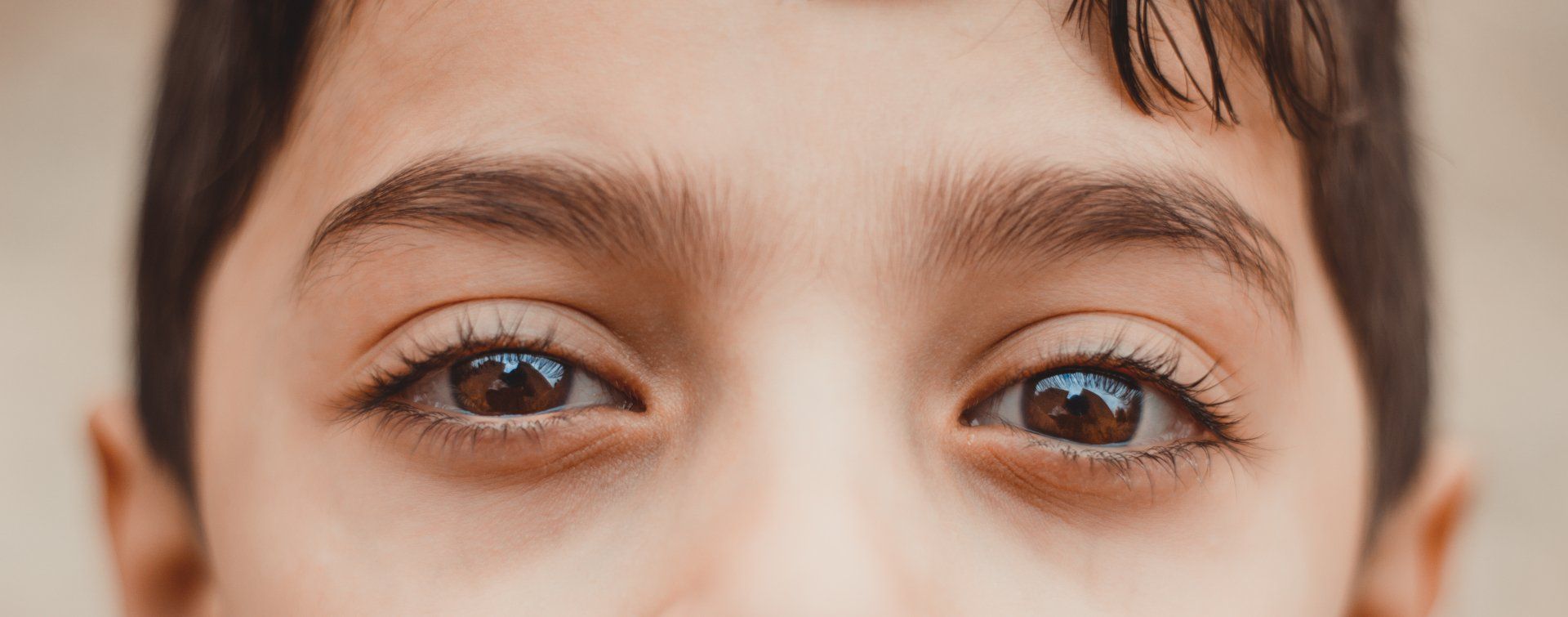Sleep, a healthy diet and exercise are said to be three of the key ingredients to prevent or reduce stress. But what if you can’t get adequate sleep?
Whether you are sleep deprived due to insomnia, finding it difficult to switch off because of work or homelife, or, like me, you have two children who take turns to wake up every other hour, a lack of sleep can affect your entire day.
The lethargy left over from the night before leaves you too tired to exercise (which you then beat yourself up about as you’re getting really behind in your 10k training plan) making you feel even more sluggish, and all you want to do is eat biscuits and toast to keep you going until evening where you face another sleepless night.
And then, the cycle begins again.
The good news is, sleep is simply an ingredient – you just need to find the right marinade to make it palatable.
Temporary insanity
I am sleep deprived because of my two adorable yet night-owl sons.
Some days (and nights) I feel like I am going insane.
A survey carried out by Silentnight found that parents lose an average 6 months sleep in the first 2 years of their child’s life. The NHS website suggests trying to recoup the debt by aiming for 2 extra hours sleep on weekend nights. I am way too tired to calculate how long it’ll take me to be debt free, but I know I’m in this for the long-haul.
To the untrained eye, my children are adorable, pleasant, joy-giving creatures. To me, they are of course all these things, but equally their night-warrior antics are the root cause of my self-perceived insanity.
In a sleep-deprived haze I even mooted the idea of putting them up for adoption, which their dad (whose quiet kindness never ceases to surprise me) said no.
To think that I even said that out loud is frightening. But that is exhaustion. The thoughts and feelings that can pass through your over-tired mind are scary.
It even led me to wonder whether there is a significant link between sleep deprivation and child abuse? My google search didn’t answer my query, however, I discovered that research carried out by Iowa State university revealed that:
“people who lose as little as 2 hours of sleep per night are angrier and less capable of adapting to frustrating situations”.
I can confirm this to be true for me. Add to this a toddler who isn’t getting enough sleep and fireworks will surely burst forth.
Lack of sleep can stir the most monstrous part of us from the deepest, darkest depths within and spew it out at whoever is nearby. Unfortunately for my toddler it is mostly at him, as he is the one dragging me out of bed at 5.30am every morning.
My inner sleep-deprived monster even succeeded in teaching him to swear on one of these early starts when he parroted back my angry profanity.
“Go down the f@@king stairs,” I growled as he persisted in waking me before the sun had come up.
To which he replied in his gentle, innocent voice, “Are these the f@@King stairs mummy?”.
A solid moment of parental failure, however it did give me a proper laugh-out-loud moment when I reflected on it later while shaking my head in shame and despair.
“It’s just a phase”
Everyone who has ever had a child will, at some point, be told ‘it’s just a phase’, which is absolutely true. What they (whoever they are) don’t tell you, is that it’s a phase that follows the last phase and precedes the next. . .
Accepting the fact that it is indeed ‘just a phase’ does not ease my tiredness or prevent me from reacting in ways I immediately regret, because my exhaustion has left me lacking the self-control to consider my responses.
Just like telling an insomniac to ‘go to bed later’ or a harassed business owner ‘it will work itself out’, it doesn’t help in the moments before or the moments after.
I don’t really want to give my children away and I can’t force them to sleep, so what can I do?
Self-Compassion
Self-compassion is showing the same kindness and understanding to yourself as you would to a good friend.
To practice self-compassion is to accept that being human means we are imperfect, susceptible to making mistakes and failing, and knowing that this is something shared by all humanity.
We are very good at reassuring our friends and family when they are in moments of self-doubt, so why can’t we do the same for ourselves?
Nb. Self-compassion is not to be confused with self-indulgence, ‘I’ve had a bad day therefore I can make myself feel better by eating all the biscuits’ – I’ve tried that, and it doesn’t work!
Meditation teaches us that everything is impermanent. Only this present moment exists.
This is the knowledge that can offer us solace when we are in our darkest depths.
I can’t always control my less than positive reactions to my child, but self-compassion offers me solace that the instance doesn’t define me or my future relationship with my child. As long as I can acknowledge my wrongdoing, apologise and make the ‘right effort’ to not repeat it, I am practicing self-compassion.
When we are born, we are conditioned to react blindly to all sensations whether they be positive or negative. Meditation teaches people to develop equanimity, meaning to examine the sensation dispassionately, not attaching any labels of good or bad and therefore not creating any further reactions, which would only create further suffering, but give rise to wisdom and insight.
I know that sleep deprived monster will continue to rear its ugly head. And I know that, whether it’s a phase or not, it’s not going to end any time soon.
Practicing self-compassion - forgiving myself for the things I do in the moment - will go a long way to relieve a huge part of the pressure I am placing on myself.
I am not yet wise, however I will continue to develop my understanding through my meditation practice, which will enable me to develop right thought, speech and action as detailed in the Buddha’s Eight fold path, which led him to enlightenment (read more here).
I will also seek sleep opportunities wherever I can; I will go for a walk or run even if I think I’m too tired and I will try my best to resist the biscuits.
So, while sleep, a healthy diet and exercise are most definitely three key ingredients to prevent or reduce stress, self-compassion is definitely the vessel in which it should marinade.
Here’s a self-compassion practice for you to try. Go on, be kind to yourself.




